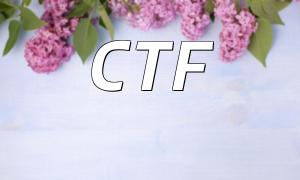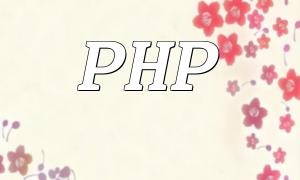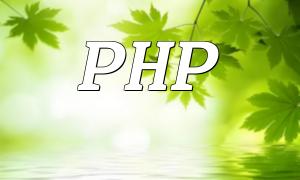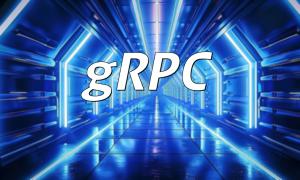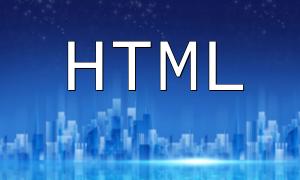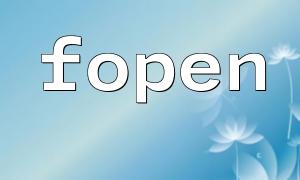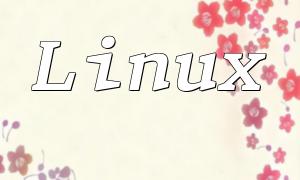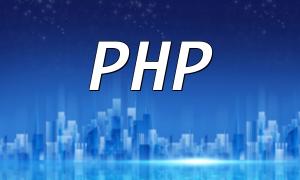JSON (JavaScript Object Notation) is a lightweight data exchange format widely used for data transmission between the front-end and back-end. During development, JSON data is often transmitted in a compact, unformatted form. To make it more readable and easier to edit, it needs to be formatted.
In many development projects, we need to interact with other systems, especially when transmitting data in JSON format. However, JSON data can often be very compact, and especially with larger data sets, it can be difficult to understand at a glance.
By formatting JSON data, we can convert it into a more readable structure with appropriate indentation and line breaks, making it easier to understand and debug.
In PHP, there are several methods for formatting JSON data. You can use PHP's built-in functions or rely on third-party libraries to meet more complex formatting needs.
PHP's built-in function json_encode can convert PHP arrays or objects into JSON formatted strings. If you want to generate a more readable, formatted JSON, you can set certain parameters to achieve this.
This code converts an associative array containing a name, age, and city into a JSON string using the json_encode function. By passing the JSON_PRETTY_PRINT parameter, the output JSON will include indentation and line breaks, making it more readable.
In addition to the built-in json_encode function, you can also use third-party libraries to implement more flexible JSON formatting. These libraries provide additional features and options for more complex needs.
For instance, popular JSON libraries such as Seriplater, JsonSerializable, and Symfony Serializer can help developers handle advanced JSON data formatting and processing.
The choice of JSON formatting method depends on the specific requirements of your project. If you only need to format simple JSON data for readability and debugging, the built-in json_encode function is sufficient. It’s simple to use and meets most basic formatting needs.
If your project requires handling complex JSON structures or needs more customization options, then third-party libraries may be a better choice. They often provide more features and can handle more complicated formatting tasks.
JSON data formatting is a useful technique in development, allowing us to convert difficult-to-read JSON data into a more understandable and debuggable format. In PHP, we can use the built-in json_encode function to achieve basic formatting, or use third-party libraries for more advanced features.
The correct choice of formatting method depends on the complexity of the project and its specific needs. Whether you use the built-in function or third-party libraries, proper JSON formatting can significantly improve development efficiency and code quality.


